The Origins Of The Date Of Christmas
The Origins of the date of Christmas
Yesterday was Christmas, so Merry Christmas everyone! This is the holiday to be surrounded by family and friends and to look back on how far you’ve come, especially in this hellish year. Every year we celebrate this festive holiday on the 25th of December, but I’m curious, where did the celebration of Christmas originate? How did it become decided that this was when we would celebrate Christmas?
It’s a valid question! It is a fact that liturgical tradition, no matter how lauded, is no longer seen in a reliable manner any longer. The skepticism comes from the sixteenth-century Reformation, which inspired Protestant and particular Calvinist scholars to attack the ecclesiastical calendar. ‘‘As recent research has shown, it is the context of these early modern inquiries into the history of the liturgical year, which were often permeated by inter-confessional polemic, that the two basic approaches to understanding Christmas’ origins that continue to characterize the twenty-first-century debate on the subject first germinated. For lack of more appropriate labels, these two approaches may be referred to as ‘History of Religions Theory’ (henceforth: HRT) and the ‘Calculation Theory’ (CT). Roughly speaking, proponents of HRT interpret Christmas as a Christianized version or substitute for pagan celebrations that took place on the same date as the Roman Calendar, the most widely cited example being the birthday of Sol Invictus on December 25. By contrast, adherents to CT find evidence that the birth of Christ was determined independently, by resource to certain types of chronological speculation.’’
It is well known that a lot of Christianity is used to subvert or covert most of the old world’s celebrations. The holidays, like Halloween, Easter, Spring, and Christmas were all re-used from pagan traditions. German philologist Herman Usener (1834-1905) was one of the pioneers in the modern academic study of religion. ‘‘According to his view, the celebration of Christ’s birth in midwinter was essentially the heritage of a syncretistic sun cult, which already bore traces of an incipient ‘pagan’ monotheism. The central turning point in this story comes from the year 274 CE when the emperor Aurelian allegedly elevated the original sun god Sol Invictus to the supreme deity of the Roman empire and established his cult on December 25. Threatened by the persistent popularity of these rituals among newly baptized Christians, the early Church was moved to incorporate traces of the cult into its own liturgy and thus re-interpreted the annual ‘birth’ of the sun at the winter solstice as the birth festival of Christ.’’

More Posts from Arieso226 and Others

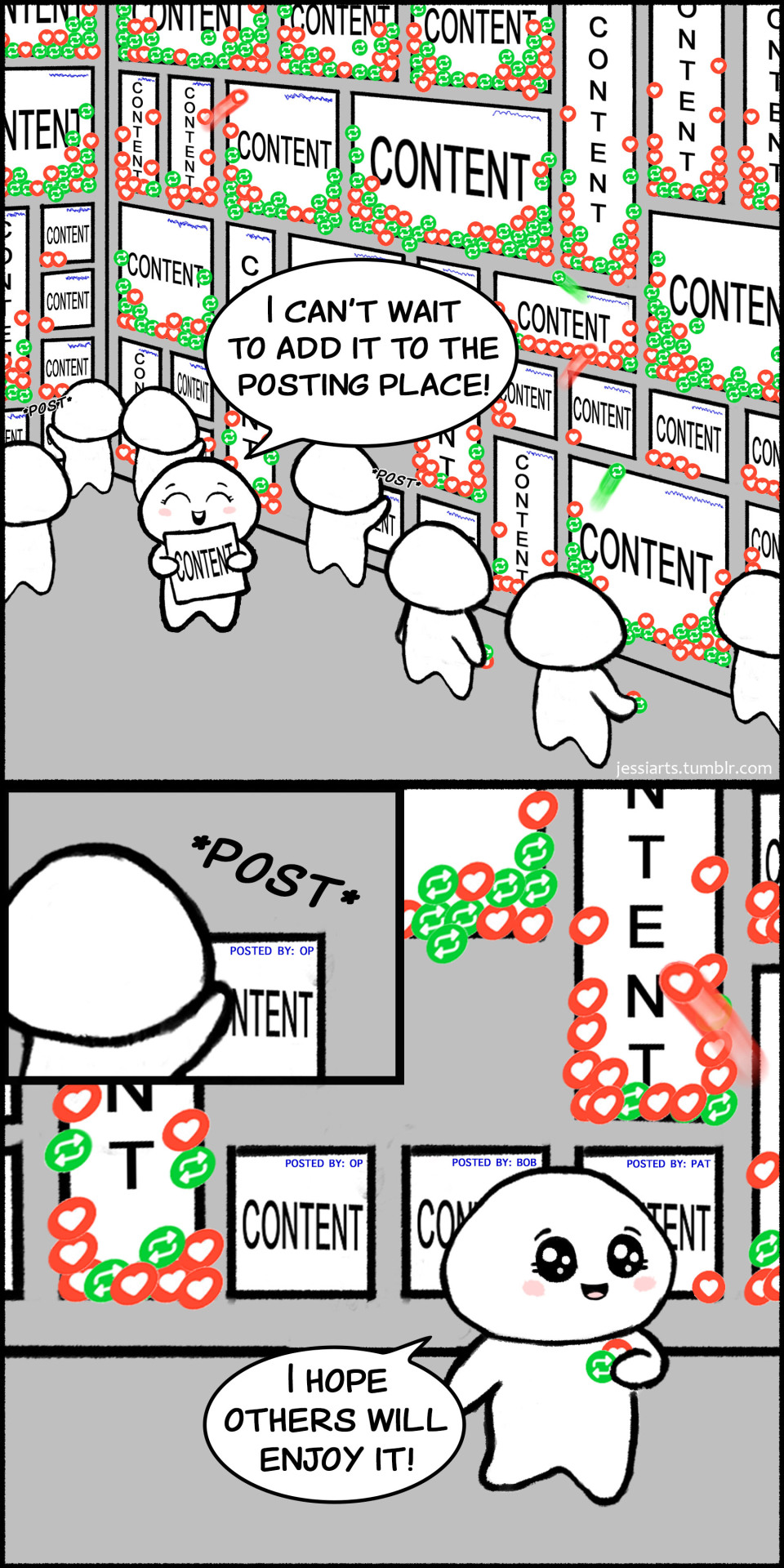

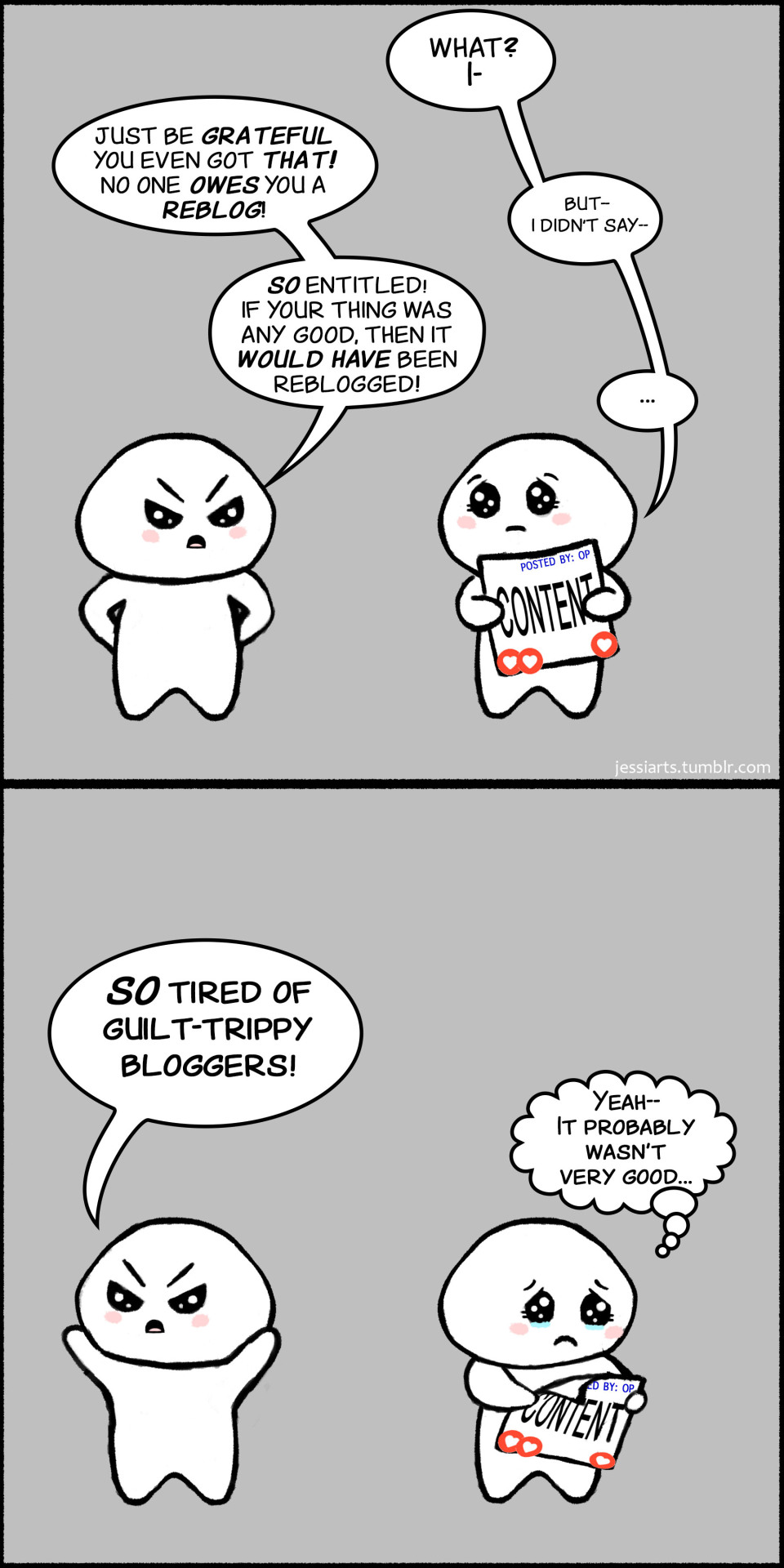

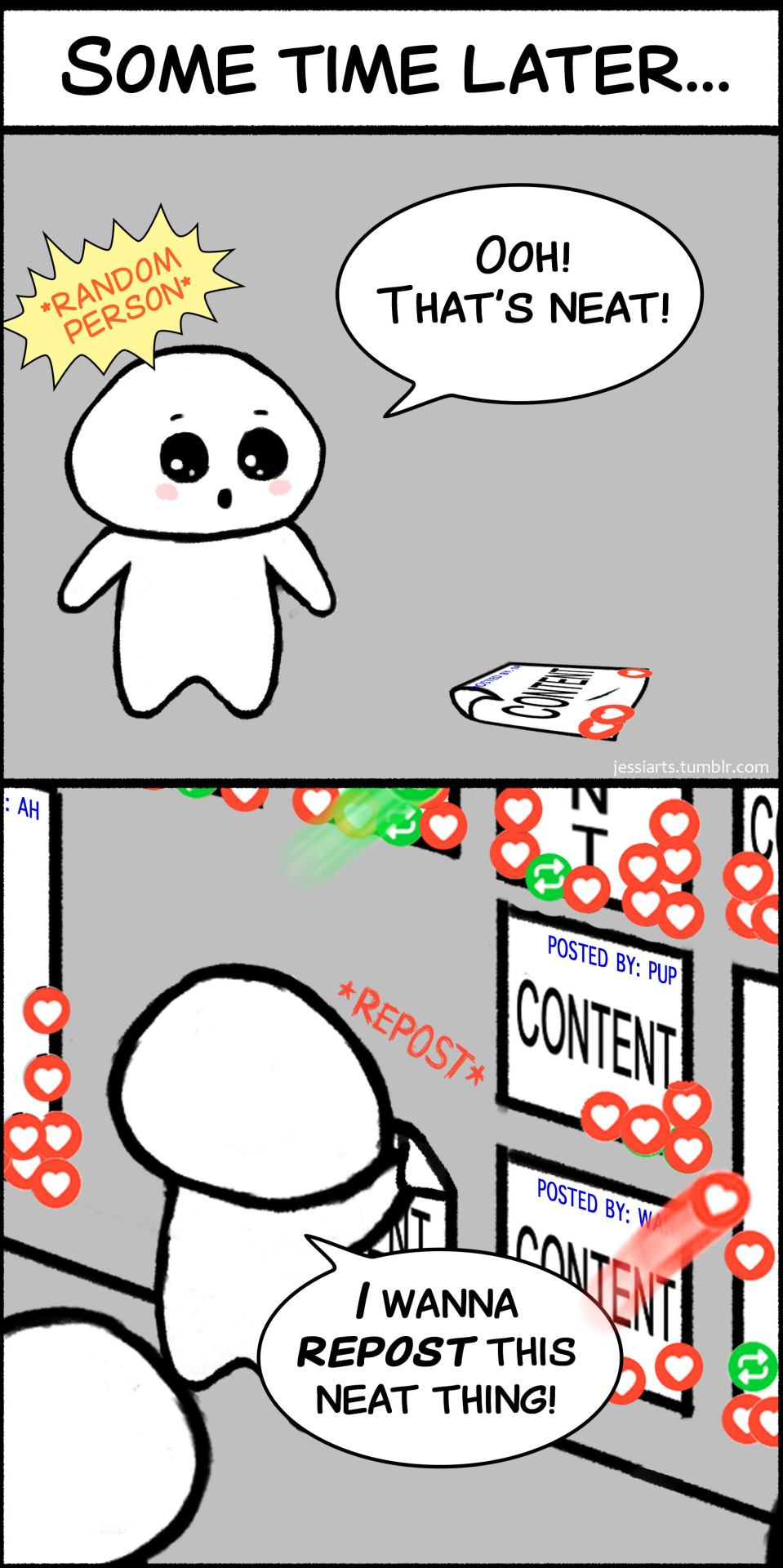
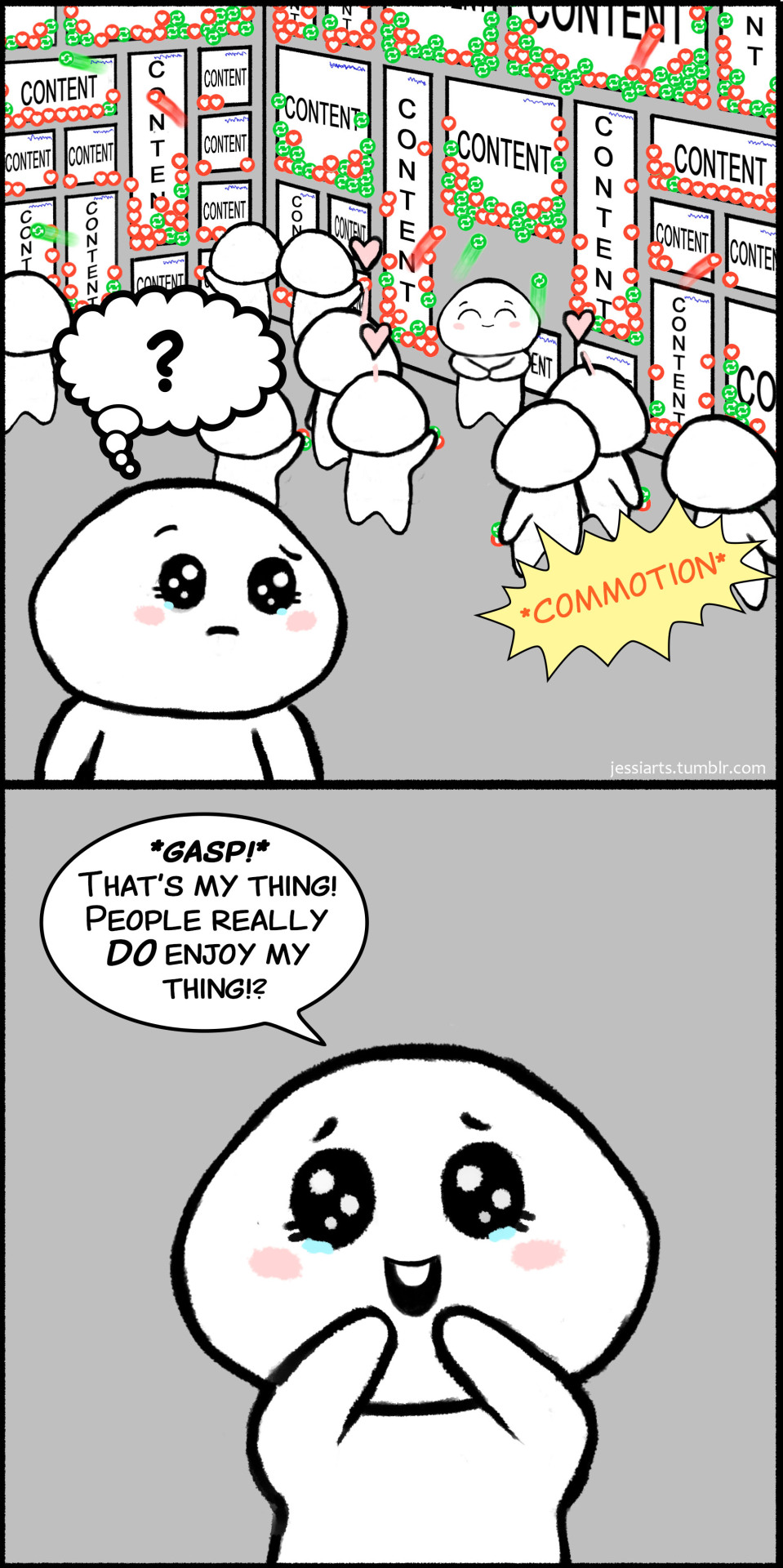
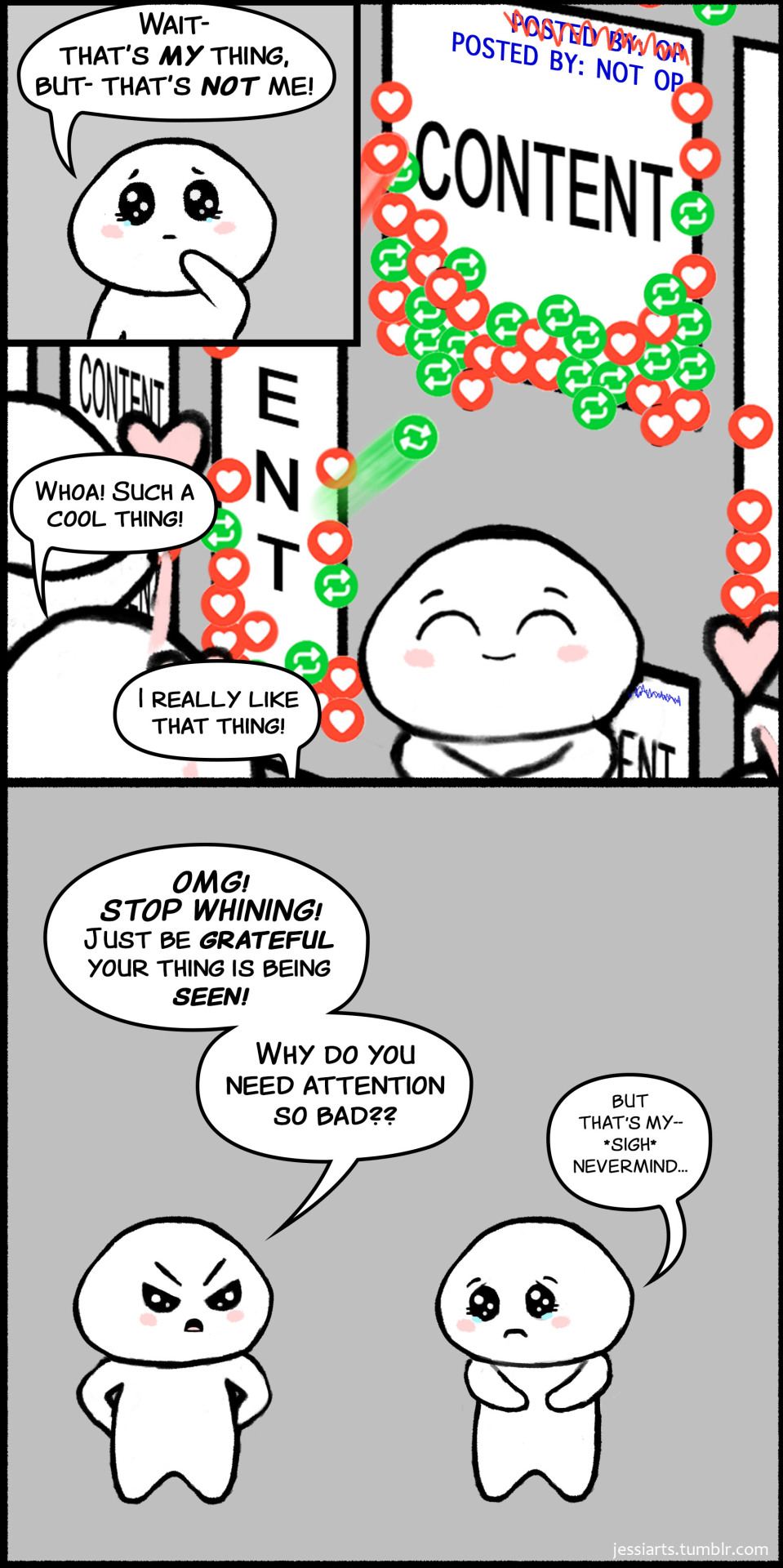

Based on actual events


FAMOUS AUTHORS
Classic Bookshelf: This site has put classic novels online, from Charles Dickens to Charlotte Bronte.
The Online Books Page: The University of Pennsylvania hosts this book search and database.
Project Gutenberg: This famous site has over 27,000 free books online.
Page by Page Books: Find books by Sir Arthur Conan Doyle and H.G. Wells, as well as speeches from George W. Bush on this site.
Classic Book Library: Genres here include historical fiction, history, science fiction, mystery, romance and children’s literature, but they’re all classics.
Classic Reader: Here you can read Shakespeare, young adult fiction and more.
Read Print: From George Orwell to Alexandre Dumas to George Eliot to Charles Darwin, this online library is stocked with the best classics.
Planet eBook: Download free classic literature titles here, from Dostoevsky to D.H. Lawrence to Joseph Conrad.
The Spectator Project: Montclair State University’s project features full-text, online versions of The Spectator and The Tatler.
Bibliomania: This site has more than 2,000 classic texts, plus study guides and reference books.
Online Library of Literature: Find full and unabridged texts of classic literature, including the Bronte sisters, Mark Twain and more.
Bartleby: Bartleby has much more than just the classics, but its collection of anthologies and other important novels made it famous.
Fiction.us: Fiction.us has a huge selection of novels, including works by Lewis Carroll, Willa Cather, Sherwood Anderson, Flaubert, George Eliot, F. Scott Fitzgerald and others.
Free Classic Literature: Find British authors like Shakespeare and Sir Arthur Conan Doyle, plus other authors like Jules Verne, Mark Twain, and more.
TEXTBOOKS
Textbook Revolution: Find biology, business, engineering, mathematics and world history textbooks here.
Wikibooks: From cookbooks to the computing department, find instructional and educational materials here.
KnowThis Free Online Textbooks: Get directed to stats textbooks and more.
Online Medical Textbooks: Find books about plastic surgery, anatomy and more here.
Online Science and Math Textbooks: Access biochemistry, chemistry, aeronautics, medical manuals and other textbooks here.
MIT Open Courseware Supplemental Resources: Find free videos, textbooks and more on the subjects of mechanical engineering, mathematics, chemistry and more.
Flat World Knowledge: This innovative site has created an open college textbooks platform that will launch in January 2009.
Free Business Textbooks: Find free books to go along with accounting, economics and other business classes.
Light and Matter: Here you can access open source physics textbooks.
eMedicine: This project from WebMD is continuously updated and has articles and references on surgery, pediatrics and more.
MATH AND SCIENCE
FullBooks.com: This site has “thousands of full-text free books,” including a large amount of scientific essays and books.
Free online textbooks, lecture notes, tutorials and videos on mathematics: NYU links to several free resources for math students.
Online Mathematics Texts: Here you can find online textbooks likeElementary Linear Algebra and Complex Variables.
Science and Engineering Books for free download: These books range in topics from nanotechnology to compressible flow.
FreeScience.info: Find over 1800 math, engineering and science books here.
Free Tech Books: Computer programmers and computer science enthusiasts can find helpful books here.
CHILDREN’S BOOKS
byGosh: Find free illustrated children’s books and stories here.
Munseys: Munseys has nearly 2,000 children’s titles, plus books about religion, biographies and more.
International Children’s Digital Library: Find award-winning books and search by categories like age group, make believe books, true books or picture books.
Lookybook: Access children’s picture books here.
PHILOSOPHY AND RELIGION
Bored.com: Bored.com has music ebooks, cooking ebooks, and over 150 philosophy titles and over 1,000 religion titles.
Ideology.us: Here you’ll find works by Rene Descartes, Sigmund Freud, Karl Marx, David Hume and others.
Free Books on Yoga, Religion and Philosophy: Recent uploads to this site include Practical Lessons in Yoga and Philosophy of Dreams.
The Sociology of Religion: Read this book by Max Weber, here.
Religion eBooks: Read books about the Bible, Christian books, and more.
PLAYS
ReadBookOnline.net: Here you can read plays by Chekhov, Thomas Hardy, Ben Jonson, Shakespeare, Edgar Allan Poe and others.
Plays: Read Pygmalion, Uncle Vanya or The Playboy of the Western World here.
The Complete Works of William Shakespeare: MIT has made available all of Shakespeare’s comedies, tragedies, and histories.
Plays Online: This site catalogs “all the plays [they] know about that are available in full text versions online for free.”
ProPlay: This site has children’s plays, comedies, dramas and musicals.
MODERN FICTION, FANTASY AND ROMANCE
Public Bookshelf: Find romance novels, mysteries and more.
The Internet Book Database of Fiction: This forum features fantasy and graphic novels, anime, J.K. Rowling and more.
Free Online Novels: Here you can find Christian novels, fantasy and graphic novels, adventure books, horror books and more.
Foxglove: This British site has free novels, satire and short stories.
Baen Free Library: Find books by Scott Gier, Keith Laumer and others.
The Road to Romance: This website has books by Patricia Cornwell and other romance novelists.
Get Free Ebooks: This site’s largest collection includes fiction books.
John T. Cullen: Read short stories from John T. Cullen here.
SF and Fantasy Books Online: Books here include Arabian Nights,Aesop’s Fables and more.
Free Novels Online and Free Online Cyber-Books: This list contains mostly fantasy books.
FOREIGN LANGUAGE
Project Laurens Jz Coster: Find Dutch literature here.
ATHENA Textes Francais: Search by author’s name, French books, or books written by other authors but translated into French.
Liber Liber: Download Italian books here. Browse by author, title, or subject.
Biblioteca romaneasca: Find Romanian books on this site.
Bibliolteca Virtual Miguel de Cervantes: Look up authors to find a catalog of their available works on this Spanish site.
KEIMENA: This page is entirely in Greek, but if you’re looking for modern Greek literature, this is the place to access books online.
Proyecto Cervantes: Texas A&M’s Proyecto Cervantes has cataloged Cervantes’ work online.
Corpus Scriptorum Latinorum: Access many Latin texts here.
Project Runeberg: Find Scandinavian literature online here.
Italian Women Writers: This site provides information about Italian women authors and features full-text titles too.
Biblioteca Valenciana: Register to use this database of Catalan and Valencian books.
Ketab Farsi: Access literature and publications in Farsi from this site.
Afghanistan Digital Library: Powered by NYU, the Afghanistan Digital Library has works published between 1870 and 1930.
CELT: CELT stands for “the Corpus of Electronic Texts” features important historical literature and documents.
Projekt Gutenberg-DE: This easy-to-use database of German language texts lets you search by genres and author.
HISTORY AND CULTURE
LibriVox: LibriVox has a good selection of historical fiction.
The Perseus Project: Tufts’ Perseus Digital Library features titles from Ancient Rome and Greece, published in English and original languages.
Access Genealogy: Find literature about Native American history, the Scotch-Irish immigration in the 19th and 20th centuries, and more.
Free History Books: This collection features U.S. history books, including works by Paul Jennings, Sarah Morgan Dawson, Josiah Quincy and others.
Most Popular History Books: Free titles include Seven Days and Seven Nights by Alexander Szegedy and Autobiography of a Female Slave by Martha G. Browne.
RARE BOOKS
Questia: Questia has 5,000 books available for free, including rare books and classics.
ARTS AND ENTERTAINMENT
Books-On-Line: This large collection includes movie scripts, newer works, cookbooks and more.
Chest of Books: This site has a wide range of free books, including gardening and cooking books, home improvement books, craft and hobby books, art books and more.
Free e-Books: Find titles related to beauty and fashion, games, health, drama and more.
2020ok: Categories here include art, graphic design, performing arts, ethnic and national, careers, business and a lot more.
Free Art Books: Find artist books and art books in PDF format here.
Free Web design books: OnlineComputerBooks.com directs you to free web design books.
Free Music Books: Find sheet music, lyrics and books about music here.
Free Fashion Books: Costume and fashion books are linked to the Google Books page.
MYSTERY
MysteryNet: Read free short mystery stories on this site.
TopMystery.com: Read books by Edgar Allan Poe, Sir Arthur Conan Doyle, GK Chesterton and other mystery writers here.
Mystery Books: Read books by Sue Grafton and others.
POETRY
The Literature Network: This site features forums, a copy of The King James Bible, and over 3,000 short stories and poems.
Poetry: This list includes “The Raven,” “O Captain! My Captain!” and “The Ballad of Bonnie and Clyde.”
Poem Hunter: Find free poems, lyrics and quotations on this site.
Famous Poetry Online: Read limericks, love poetry, and poems by Robert Browning, Emily Dickinson, John Donne, Lord Byron and others.
Google Poetry: Google Books has a large selection of poetry, fromThe Canterbury Tales to Beowulf to Walt Whitman.
QuotesandPoem.com: Read poems by Maya Angelou, William Blake, Sylvia Plath and more.
CompleteClassics.com: Rudyard Kipling, Allen Ginsberg and Alfred Lord Tennyson are all featured here.
PinkPoem.com: On this site, you can download free poetry ebooks.
MISC
Banned Books: Here you can follow links of banned books to their full text online.
World eBook Library: This monstrous collection includes classics, encyclopedias, children’s books and a lot more.
DailyLit: DailyLit has everything from Moby Dick to the recent phenomenon, Skinny Bitch.
A Celebration of Women Writers: The University of Pennsylvania’s page for women writers includes Newbery winners.
Free Online Novels: These novels are fully online and range from romance to religious fiction to historical fiction.
ManyBooks.net: Download mysteries and other books for your iPhone or eBook reader here.
Authorama: Books here are pulled from Google Books and more. You’ll find history books, novels and more.
Prize-winning books online: Use this directory to connect to full-text copies of Newbery winners, Nobel Prize winners and Pulitzer winners.
I pray in 2023 I am more organized, focused, driven, motivated, smarter, wealthier, and healthier. Do more things that feel fulfilling on a soul level. Alchemize every negative emotion and experience and trust it works out in my highest good. I romanticize life because the beauty we see in everything is a reflection of the beauty we see in ourself. 🍀
The History of Riots
Riots. Small or massive, can induce major anxiety especially if you’re introverted like me. Riots are usually caused by people getting infuriated, by things like politics, economy, or for the end to tyranny and oppression. You see it when people rise up against their government, like the French Revolution, the Haitian Revolution, and the American Revolution. More recently, the race riots of 1965 were a violent and historical recording of how damaging people can act when things start to change, or where there is simply no change. That is the crux of riots.
‘‘What determines a country’s political institutions, and in particular, the extent to which they are democratic? An important set of explanations has focused on the idea that conflict, or the possibility of conflict, induces leaders to promote institutional change? Tilly (1990), Besley and Persson (2008, 2009), and Dincesco and Prado (2012) argue that conflict, and in particular wars between countries, created the setting for Western European nations to build institutions that would enable the enforcement of contracts and collection of taxes. Conflict also plays an important role in Acemoglu and Robinsons’ (2000, 2001, 2006) theory of democratization; they emphasize how the threat of conflict, in the form of a revolution, induces autocrats to make democratic concessions in an attempt to defuse that threat. In their theory, revolution is more likely in times of economic hardship, so negative economic shocked pen a ‘‘window of opportunity’’ that can lead to a peaceful transition towards democracy.’’
Riots are a backlash against the government, explosive and in you’re face. Riots transform regular people into citizens who want to show off their freedom, by expressing the rights that they have. Rioting certainly doesn’t start out that way. It starts off as protesting against either a corporation, a government, society itself, or a certain person. Unfortunately, anger starts to lead the way within the protest and drives violence as a way to get even more attention. ‘‘The main difficulty in testing whether conflict opens a ‘‘window of opportunity’’ is that riots are rarely exogenous: there might be problems of reverse causality because the expectation of political change might itself lead to riots, and there might be unobservable omitted variables that cause both riots and political change.’’

Who created the manuscript?
NO. 1
Ever since the rise of modernism, it feels like people have only looked to see such medieval manuscripts in museums or hear about them in lecturers. The beginning of medieval, or illuminated manuscripts were beautiful but so very old and have to be handled with great care. Archaeologists and anthropologists have discovered and studied such manuscripts as a testament to keeping record of humanity’s past forms of writing. But would we ever get to such technological advancements, in forgetting our past, without it? This report explains the creation of how medieval manuscripts came to pass.
NO. 2
From the met museum, ‘Unlike the mass-produced books of our time, an illuminated manuscript is unique, handmade object. In its structure, layout, script, and decoration, every manuscript bears the signs of the unique set of processes and circumstances involved in its production, as it moved successively through the hands of the parchment maker, the scribe, and one or more decorators or illuminators.’’ Illuminated manuscripts began in Ireland after the fall of the western Roman empire. Christianity came to Ireland around 431 A.D, introduced by Palladius and reinforced by the ministry of a Roman Briton named Patricius, or St. Patrick as he’s called today. He was kidnapped at the age of sixteen, and spent six years in captivity before escaping back to Britain. Upon returning, he was met with ‘distrustful druids’, and ‘murderous bandits’, and by bribing tribal kings did he made it out alive.
NO. 3
Eventually, he came back to Ireland in the 5th century. The island became lidded with monasteries in the 6th, and in the 7th the scribes of these centers of religious life were experimenting with new forms of decoration and bookmaking, the better to reflect God’s glory in the written word.
The first illustrated book to be found by archaeologists was the Egyptian ‘Book of the Dead’, a guidebook for the afterlife in which those in question would come to face-to-face with the jackal headed god Anubis, where he would balance their heart against a feather to determine what would become of them. A fortunate soul would either be in the Elysian paradise, the ‘Field of Peace’, or travel the night sky with Ra in his sun-boat, or rule the underworld with Osiris; those less fortunate would be eaten by the chimera looking god Ammit the soul-eater, for her body was part crocodile, lion and hippo. From Keith Houston’s, The Book, ‘’One of the main reasons the Book of the Dead is so well studied is because so many copies have survived, their colorful illustrations intact for Egyptologists to pore over endlessly. And though their subject matter may have been a little monotonous, it is clear that the ancient Egyptians were past masters at the art of illustrating books.’’
NO. 4
Under Charlemagne’s the Great Holy Roman Empire, politics, religion and art flourished. Monks filled their libraries with tens to thousands of volumes, where they borrowed and copied books to expand their holdings and occasionally to sell to laypeople, and those who wrote and collected realized the importance of illustration was towards a society of illiterate people. The monks who were in charge of the survival of Europe’s history were very vocal about physical maladies and working conditions. The dismal chambers were called ‘scriptoria’ or the writing rooms, which was the most important features of a medieval monastery, other than the Church itself. But society within the empire was transformed. Skilled peasants were leaving their rural homes for towns and cities, while the cities themselves, such as Johannes Gutenberg’s hometown of Mainz fought to eke out some measure of independence from the old feudal aristocracy. Money was assuming a progressively larger role, and it spoke louder than an inherited title. Always a reflection of the societies that had made them, books were changing in response. Gutenberg’s printing press, which churned out books too rapidly for them to be illustrated by hand, is often blamed for killing off the illuminated manuscript.
I like Mulan better
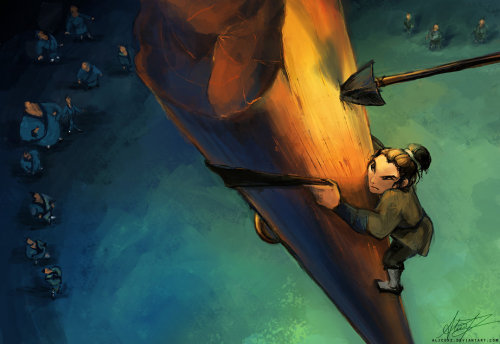







What to do if you are facing eviction
Eviction protections are expiring across the United States and Canada right now, and millions of people are suddenly finding themselves facing eviction with a pandemic still raging and the start of winter just around the corner.
Not knowing where you’re going to live next month is an unbelievably scary position to be in, and there are a lot of people out there who are facing this for the first time in their lives. It’s okay to be scared. But it’s also important to start taking steps to deal with this as soon as you realize that might be at risk of eviction.
As someone who has worked in homelessness and housing advocacy my whole career, here’s what I recommend you do:
Do not leave your home. Many landlords count on their tenants not knowing or understanding their rights, and take advantage of that to try to illegally evict them without following proper procedure. I have seen landlords attempt some flagrantly illegal things during my time working with vulnerable people. Many landlords have been ignoring and violating eviction moratoriums during this pandemic. Don’t fall for it. There is a legal process that has to be followed to evict you, even if your name isn’t on the lease - your landlord cannot simply slip a note under your door ordering you out by the end of the week, no matter what they tell you. Do not leave your home until a judge orders you to do so. You may have a better shot in court than you think you do, and seeing the court process to the very end buys you valuable time to figure out your next move.
Get a lawyer. Many legal aid societies and law school legal clinics offer free legal assistance for people facing eviction. Having a lawyer can make an enormous difference - one study found that people without lawyers were evicted 65% of the time, compared to just 15% of people who had legal representation. Start calling and contacting legal aid services as soon as your landlord threatens or files eviction - these services often only do intake for new clients on certain days, so it’s a good idea to research these services ahead of time.
Understand your rights. The protections you have under the law depend on where you live - it’s critical that you take the time to educate yourself about what those protections are. Your area will likely have a Residential Tenancies Act, a Tenant Act, or something along those lines. Look online for information specific to your area. There may also be special protections and procedures in place because of the pandemic. If you live in NYC, for instance, you have a right to free legal counsel if you are facing eviction. Find out what protections you have in your area.
Contact resources in your area. Again, depending on where you live, there are different resources available. There may be a tenant support agency that can connect you to free legal resources directly. You might be eligible for unemployment benefits or emergency income. Your state or city might also have emergency funding or eviction prevention programs in place. NYC, for instance, offers “one shot deal” emergency grants that cover rental arrears for people who are facing eviction due to unexpected crises. You should also look at emergency housing options, community food banks, or other resources that can help you survive this situation. In many cities you can call 211 or 311 to learn more or about resources, or you can go online.
Attend your eviction hearing. Once you are given a date and time for your eviction hearing, it is critical that you attend. Even if you have not paid rent in several months and you think your case is hopeless, you absolutely must show up for this hearing. If you don’t attend, you will lose by default - if you attend, you may be successful in winning leniency, the opportunity to pay back rent with a payment plan and avoid eviction, or even just a few weeks’ extension on the eviction date so you have more time to come up with a plan. Attend your hearing.
Have a back-up plan. Even with legal aid resources on your side, you have to prepare for the possibility that you might not be able to fight your eviction. Buy yourself as much time as you can, and use that time to start researching possible options. Is there a cheaper room for rent that you can afford with your unemployment benefits? Do you know anyone you can stay with? Are there any housing non-profits in your area that can help? Do you have any leads on employment in the future? Explore your options, and remember that it’s okay to ask for help right now - people in your life can’t help you unless you tell them that you’re struggling.
Call your representatives. You are not the only person suffering as a result of expiring COVID protections - your elected officials need to know that letting these programs expire is having serious, dire consequences for real people that they represent. Call everyone. Call the office of your congressman, call your MP, call your state senator, your MLA, your local city counsellors. Tell your story, and make as much noise as you can. It doesn’t guarantee that anything will be done, of course, but it makes the problem harder for your elected officials to ignore.
Important Resources for Americans: LawHelp.org - website for learning more about local laws and finding free legal aid in your area JustShelter - a database of community resources available to people facing eviction (might not include all emergency pandemic programs) Eviction Moratorium Database - a database showing where evictions have been legally paused or restricted because of the pandemic National Evictions Database - a database where you can look up what the legal eviction process is supposed to look like in your state Tenant’s Union Resources - a website where you can find information for the tenant’s union or pro-tenant organizations in your area Legal Services - a federal non-profit that helps connect low-income households to legal resources for fighting eviction
Fannie Mae Renters Resource Finder - a database that will tell you if your rental unit is federally financed, and show you resources to fight eviction accordingly Freddie Mac Renters Resource Finder - another website to show you if your rental property is federally backed and connect you to resources
Eviction Lab - a website that outlines information about pandemic eviction moratoriums and restrictions currently in place in your state The National Housing Law Project - a comprehensive database of resources for people facing eviction or foreclosure Important Resources for Canadians: The Canada Mortgage and Housing Corporation - up-to-date information about eviction moratoriums in each province and territory Affordable Housing Programs Across Canada - information on affordable housing programs in each province and territory Western Law Eviction Information - a website outlining the eviction process in Ontario and what you need to do to fight it Community Legal Education Ontario - a website that shows the proper procedure for eviction in detail and outlines steps that can be taken to fight it Nova Scotia Legal Residential Tenancy Law Resources - detailed information about the eviction process in Nova Scotia and how to fight it Centre for Public Legal Education Alberta - resources and information for renters facing eviction in Alberta BC Housing - information and resources for tenants facing difficulties in British Columbia Saskatchewan Office of Residential Tenancies - information for tenants facing difficulties in Saskatchewan Tribunal Administratif du Logement - resources and information for tenants living in Quebec. Available in both English and French.
Conspiracies: Anthropology lenses
Discovering the dreaded conspiracy theory through an anthropological lens, these notes basically ask the question of where and how people created theories based on their mistrust of systemic agencies, or unexplainable events.
Oh my gosh. ARE YOU SERIOUS?! REALLY?! 😂😂😂😤😤😤
Proelium
“Jason.” Nico appears suddenly beside him. “Come spar with me.”
“Um, okay? But don’t you always practice with Will-”
“”We’re not currently talking,” Nico says shortly.
“Oh, I-” Jason flounders for a minute. Nico and Will bicker all the time but they have never had a fight fight (as far as he knows but he keeps very close tabs).
“Are you coming or not?” Nico growls impatiently, tapping his foot impatiently against the floor of the pavilion.
“Uh, yes?” Jason responds.
Nico turns around and stalks off and he hurries to follow him. He resolves not to think about Will and Nico’s fight. It’s probably their first big one, they’ll be alright in a day. ♦
They are not alright in a day.
The next day Jason happens to be talking to Percy nearby when Will storms past Nico, shoulder checking him on the way, without even a backward glance. Nico scowls at his back.
Jason and Percy exchange nervous glances. ♦
Two days later, Percy happens to be in the infirmary when Nico limps in with a gash on this right calf.
Will drags him to a bed, shoves everyone out of his way while getting supplies, and sets to work on Nico, his mouth shaped into a thin line.
Nico’s eyes are soft but he doesn’t say anything either.
Percy has never seen anyone being able to stitch someone up so aggressively but perfectly. ♦
Piper walks up to Nico four days later and says firmly, “You need to do something about Will.”
Nico scowls at her. “No.”
“He almost shot one of the Demeter kids today! He excels at archery. This is getting out of hand, Nico. You’re angry and moody all the time. Even the Hecate kids are afraid of breathing too loud when they walk past you. The Apollo cabin lost two points in the last cabin inspection because Will has been sulking and didn’t bother to clean, and everybody’s afraid of being the target of his surliness.”
“No.”
Piper tries Will next.
“He’s so sad, Will. He keeps walking around like a dejected puppy.”
Will glowers at her. “Go away.”
Piper throws her hands up in the air exasperatedly. “What even happened between you two?”
“You can ask him.” He juts his chin towards their right, and she turns to see Nico walking in their direction.
“Come on-” She whirls around back to Will, but he’s gone. ♦
Annabeth walks up to him the next day and states, “Fix it.”
Nico glares at her.
Annabeth stares back, unimpressed.
“I want it done by tomorrow.” She walks away.
Nico escapes to Camp Jupiter that evening. Reyna spots him almost as soon as he arrives.
“No,” she says shortly. “Go back home, Nico.”
Nico glares at her.
She shrugs. “Annabeth iris-mesaaged me and told me you were running from your problems.”
“I don’t want to go back,” he mutters petulantly.
“You’re going to have to, eventually. You look awful and he, he makes you happy, you know he does.”
He sighs unhappily. If Reyna’s saying something, he must look as pathetic as he feels.
Reyna’s eyes soften. “Stay for today, go back tomorrow. Let’s go join Hazel.”
She ruffles his hair and he swats her hand away, scowling. She laughs. ♦
“Fuck you,” is the first thing Will has to say to Nico when he comes back.
He towers over him, glowering. “Seriously? You can’t deal with this so you run away? You complete and utter ass.”
“Well, you could have said something! Don’t act like you didn’t sulk like a kid too,” Nico yells.
“Yes, I did! Because you were wrong and were being unreasonable but you didn’t have to run away, you prick. I don’t love your opinions but I do love you!” Will shouts.
Nico stills.
“You do?” he asks, voice small.
“Hera knows why, but yes, yes I do.” Will’s voice has gone down, and his shoulders slump.
Nico grins at him, before reaching forward and grabbing a handful of Will’s shirt to pull him closer.
“I do too, you know,” he says softly.
“Duh,” Will says. Nico can see the beginning of a smile at the corners of his mouth so he leans forward to kiss it.
Will responds eagerly, and Nico can’t believe he went a week without this, without running his hand through Will’s hair, without feeling his hands all over him, without feeling like every part of his body is on fire, but so relaxed that he basically feel himself melting.
They have to break apart because they’re both smiling too much.
“I guess I can live with the fact that you like Hawkeye more than the Hulk,” Nico says, smiling.
Will grins at him.
“That’s what you were fighting about? I can’t believe you!” a voice shouts from behind him and they both turn to look at Jason, Piper and Percy standing.
“Uh, yeah. What did you think?” Will says, voice confused.
Piper and Percy continue to look at them with something akin to horror on their faces.
Jason glares at them, hissing, “I am a 100% done with this shit.” He stomps off.
Secrecy in anthropology
NO. 1
Anthropology is the scientific study of human beings, and social anthropology is the study of behavior in certain societies. Studying patterns of behavior means studying how humans think, react, and evolve in society, but that also means understanding human secrecy through ethnographic research. But what is secrecy? In the ethnographic record, initiatory secrets often stand for the quiddity of culture, and the revelation of concealed realities is an organizing trope in much ethnographic writing.

NO. 2
‘’Intellectual historiography shows that the concept of secrecy has carried overwhelmingly negative, antisocial, and primitive connotations in learned Western discourses since the Enlightenment and that early anthropological research often supported such an implicitly social evolutionist stance. Secrecy and risk are closely connected. Secrecy engenders risk insofar as concealment entails the possibility of unwelcome revelation; non-circulation also creates a risk of its own, such as the breakdown of social relations or cultural reproduction. However, risk can also, gender secrecy as a strategy to manage perilous social relations. In practice, the casual relationship between secrecy and risk can be difficult to disentangle because the subjective experience of risk and the urgency of secrecy are constitutive--in both ritual secrecy and strategic secrets of state.’’

NO. 3
Secrecy excludes outsiders, but the power it attracts lies in the possibility it may be disclosed and revealed to those same outsiders. ‘’This contradictory centrifugal and centripetal forces push and pull on secrets. Possessing secrets can make people intensely aware of the fragility of knowledge and the precariousness of their custodial position. Revelatory and initiatory practices within secretive practice activities are often carefully calibrated to induce a sense of risk. It is paradoxical also because it ‘must be performed in a public fashion in order to be understood to exist.’ The revelation of concealment is a way of socially mobilizing the secret as a form of sociocultural capital without dispersing restricted knowledge.’’ Basically, secrecy is a personal form of belonging, of being included in the intimate affairs of family, friends, or just knowing about something that you didn’t previously.

26-year-old Anthro-Influencer Anthropology, blogger, traveler, mythological buff! Check out my ebook on Mythology today👉🏾 https://www.ariellecanate.com/
208 posts
